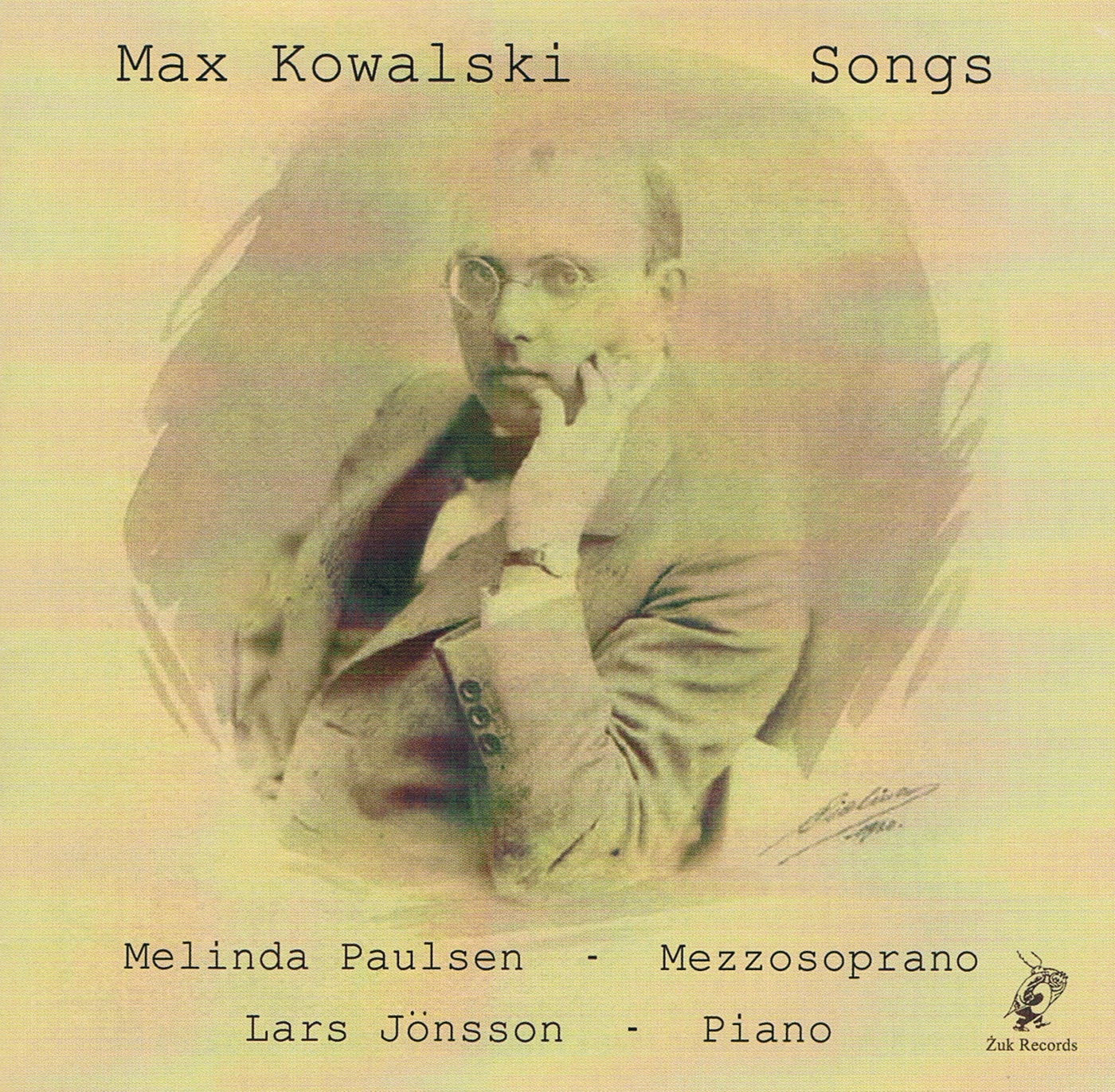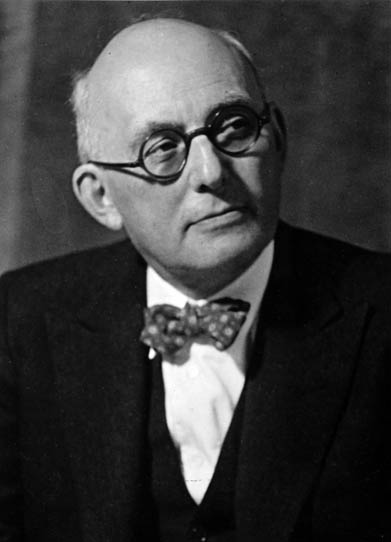

Melinda Paulsen, mezzo
Lars Jonson, piano
CD Zuk records 335 2013
MAX KOWALSKI SONGS


Melinda Paulsen, mezzo
Lars Jonson, piano
CD Zuk records 335 2013
Max Kowalski (1882 — 1956) was a German (Jewish) lawyer, part-time composer, baritone and singing teacher. Kowalski was born in Kowal then Russia now Poland. He moved with his family to Germany in 1883, a year after he was born. He studied law in Marburg, obtaining a doctorate and worked as a lawyer in Frankfurt am Main. There he studied singing as well as composition –Hindemith was a fellow student- with Bernhard Sekles and Kowalski published his first work, a musical version of Albert Giraud's Pierrot Lunaire (independently from Arnold Schoenberg's work of the same year), in 1912-13. He continued to compose and published until 1934, writing a large number of Lieder which were widely performed in Germany. In 1938, he was forced to give up his law practice and was imprisoned in the Buchenwald concentration camp. Upon his release in 1939, he emigrated to London, where he first worked as a piano tuner and synagogal cantor. Later he established himself as a singing teacher. He continued to compose, but none of his later songs was published. He died in 1956 in London. His wife with whom he had a daughter - committed suicide after being repeatedly arrested. His daughter Vera followed him to London.
Kowalski composed over 250 Lieder for voice and piano which were performed by such legendary singers as Heinrich Schlusnus, Joseph Schwarz, Alexander Kipnis, Wilhelm Guttman and Leo Rosenbluth and most recently (September 2014) even by countertenor Jochen Kowalski (not related) in Berlin. Ernst Wolff and Hans Hotter both recorded the Pierrot Lunaire cycle. Paul Bender recorded three songs of the cycle (Symposium CD) and the bass Otto von Rohr recorded his Hoelderlin and Meyer Lieder.
All praise to Zuk records for producing this interesting and very welcome release including 28 songs including five “Marienlieder” but also two Jewish songs. ‘Schichina’ is one song where surprisingly a Richard Strauss influence is felt.
“In his compositions, Kowalski follows the text, with an initial interpretation being effected through the omission of lines or even verses of the original. The voice often sounds like an ornamented text-recitation, with rhythm, metre and pitch dedicated by the original text and very rare use of melismas. Most songs are not structured in verses but instead composed as one unit, which allows the composer to highlight even the slightest nuance in the text. The melodies, deftly adjusted to the technical capacity of the voice, reflects his huge experience as a singer. This made them popular with singers of the period. The piano accompaniment is also autonomous although its prime purpose is to support the voice. (according to Luitgard Schader in the accompanying booklet)”
Melinda Paulsen born and raised in the USA is a very convincing interpreter of the songs matching artistry and technique with intelligence and dramatic flair when needed. Lars Jonson is the versatile, authorative pianist.
Rudi van den Bulck